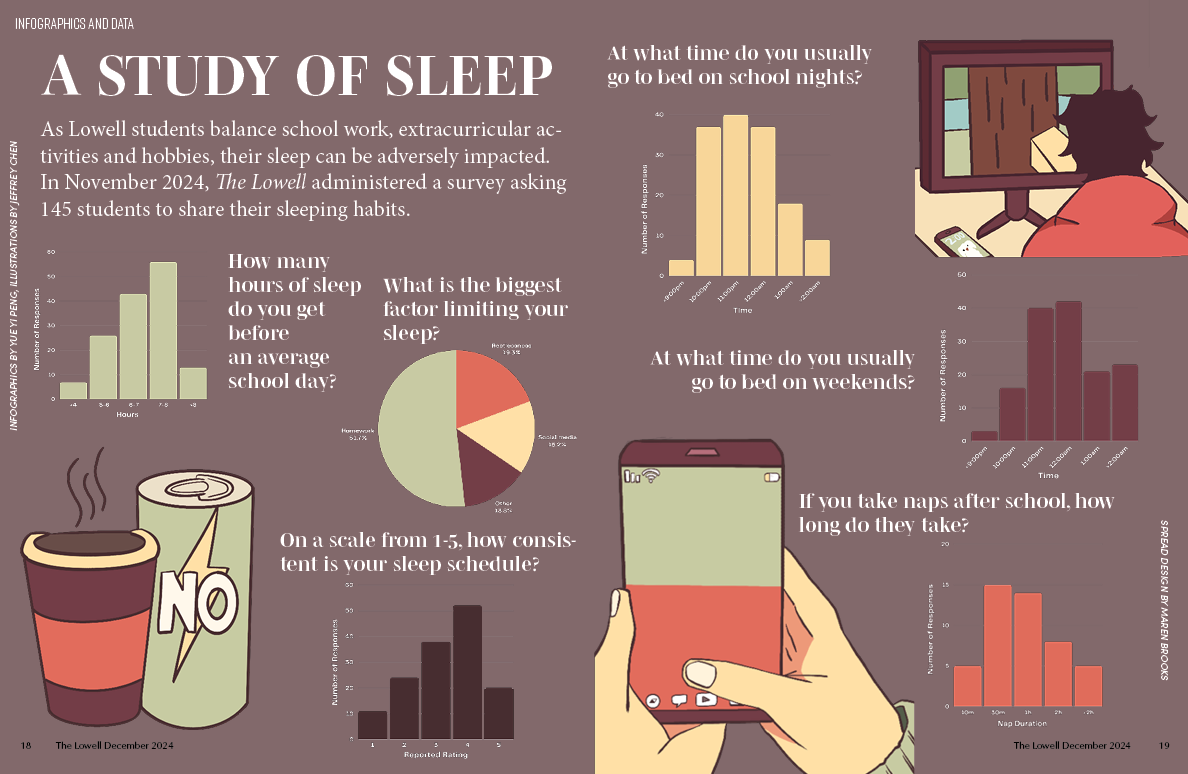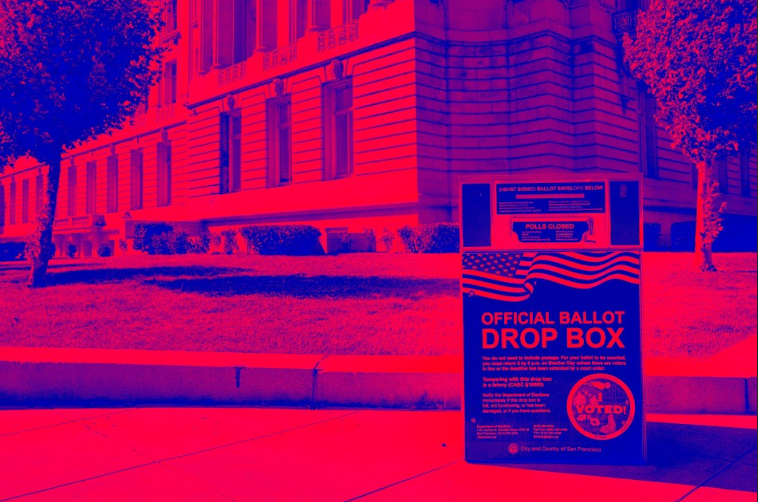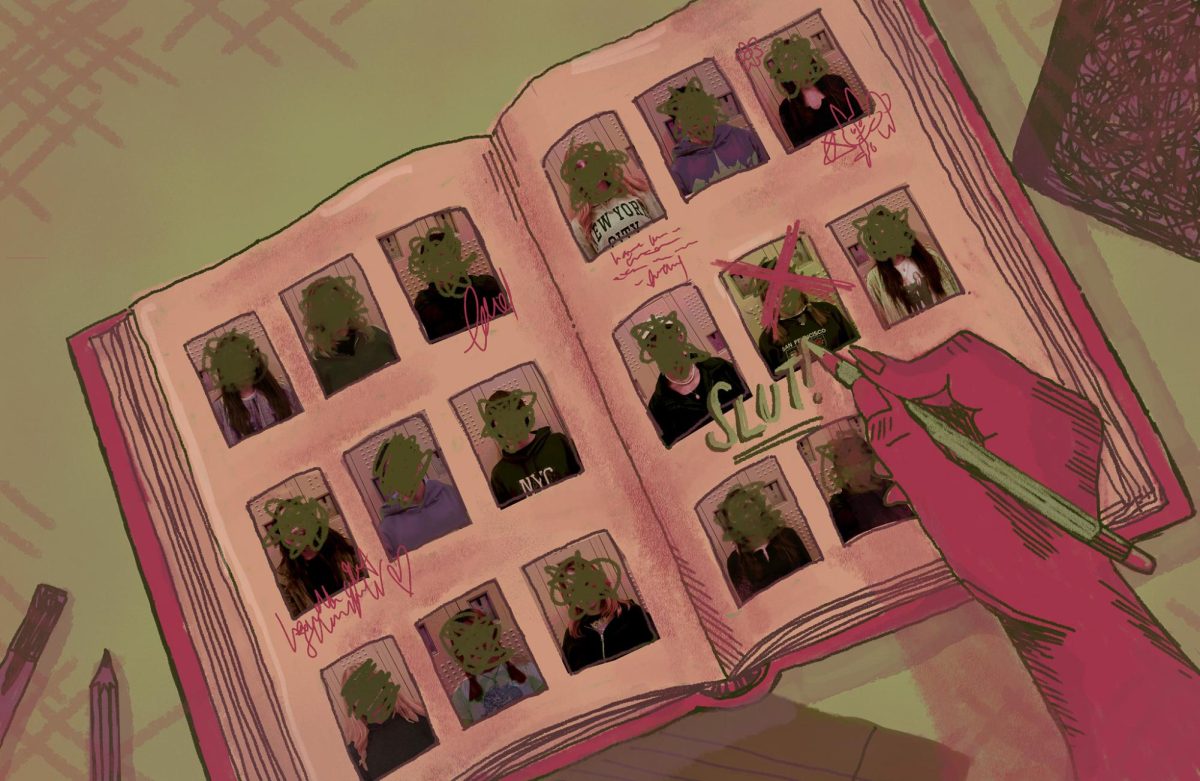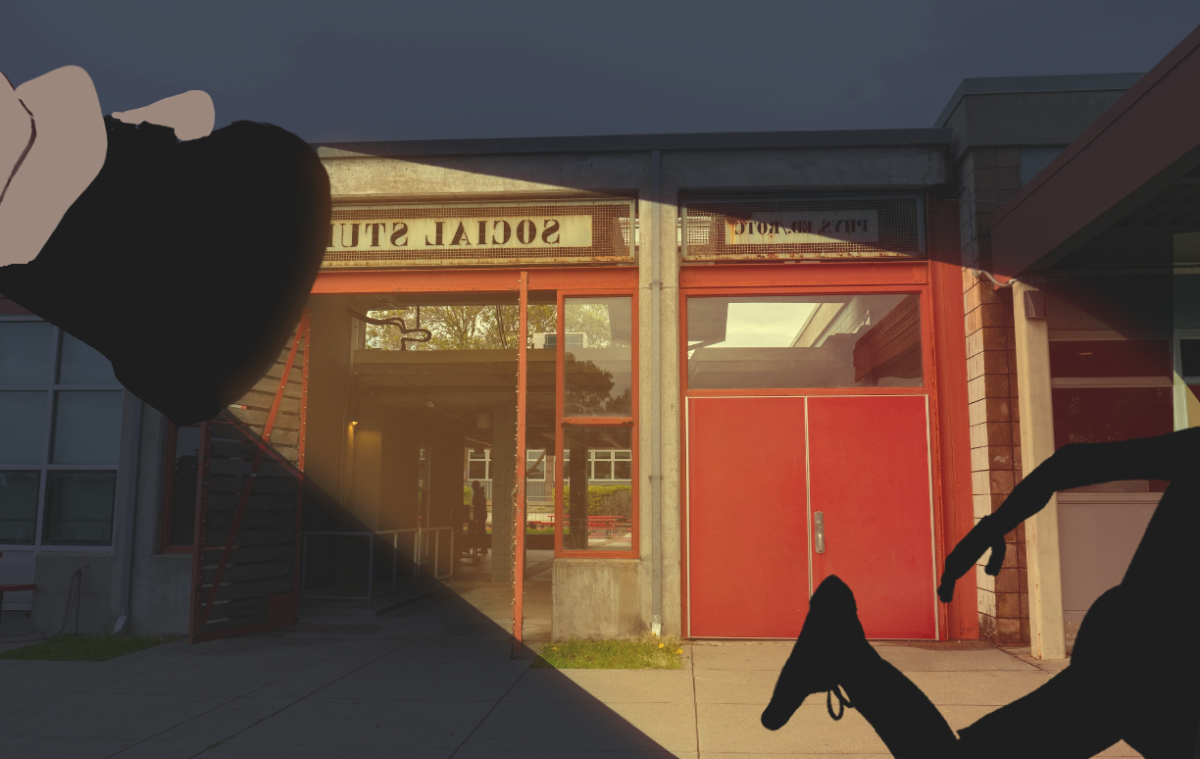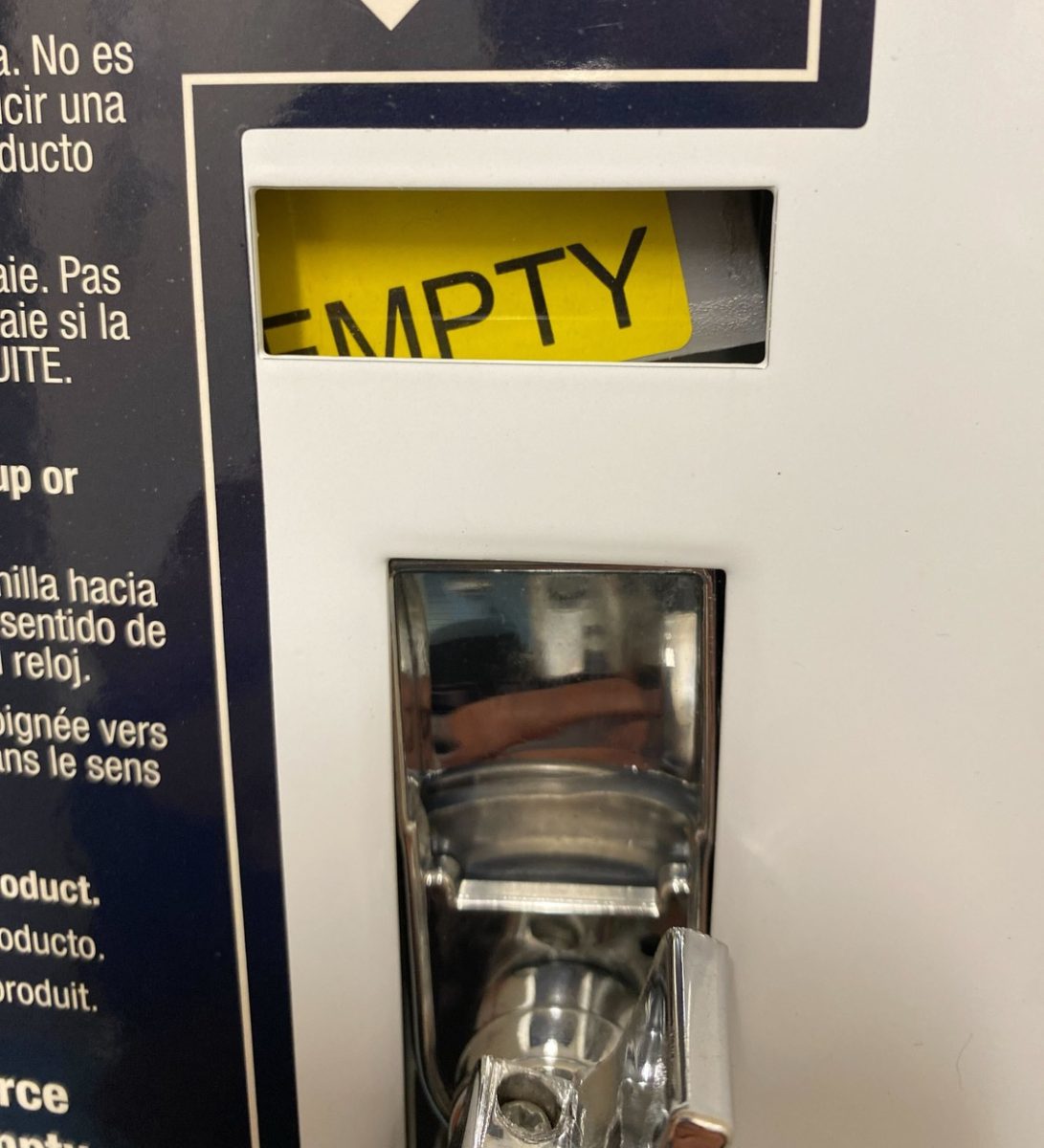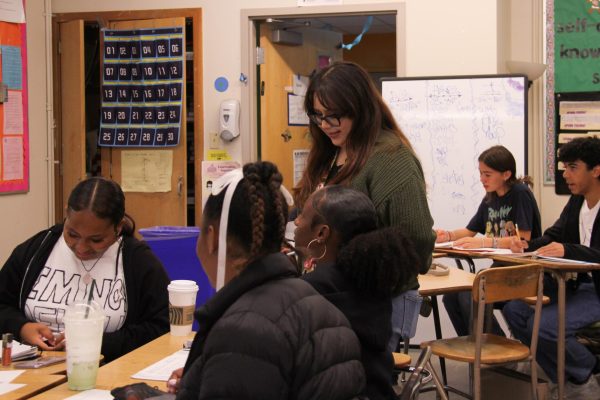
Lowell introduced AP African-American Studies for the 2023-24 school year, a course focusing on topics ranging from ancient Africa to modern Black social and political movements. For some, its inclusion in Lowell’s course selection felt long overdue, so this new opportunity to learn more about African-American history and culture is fulfilling.
The implementation of AP African-American Studies into high school curricula has been hotly debated since its proposition by the College Board in August 2022. Designed by members of the California State Board of Education and African-American studies professors from both UCLA and SF State, the course received political backlash from Florida Governor Ron DeSantis over included content like Black queer history and the Black Lives Matter movement. DeSantis claimed the course was a form of “woke indoctrination in our schools, that is a road to ruin for this country.”
However, in spite of the backlash, the College Board successfully engineered a pilot program, which is in its second year. Last school year, only 60 American high schools offered the course; now, the course is offered to over 100 schools during the 2023-2024 school year, including Lowell.
According to Ana Maldonado-Silva, Lowell’s AP African-American Studies teacher, implementing an African-American studies course is an extremely important subject to teach and learn, especially when considering the complete scope of World and United States history – classes she also teaches. “I’ve been mostly teaching U.S. and world history, and it’s very interesting how other states are going about it and removing [African-American studies] from the curriculum,” Maldonado-Silva said. “Any African American Studies, whether it’s AP or not, was definitely overdue within not just our school, but within the district as well. I feel like I can actually dive in more in-depth about this type of history that is very superficial in regular history classes.”
Despite the pilot course consisting of one class and a roster of 10, students like seniors Tianee Williams and Arianna Grice appreciate the course’s inclusion within Lowell’s curriculum and believe this class has benefitted their learning tremendously. “[The class] has exceeded my expectations,” said Williams, who is vice president of Lowell’s Black Student Union (BSU). Similarly, BSU Co-president Grice, who has been waiting for African-American Studies to be implemented into the high school level, agrees with Williams: “It’s so important to learn about all sides of Black history. My main goal in taking the course was to learn more about people who look like me, where we originated from, why certain things are very valuable to us now, and how our culture connects.”
As a pilot course, teachers are on their own in creating an AP African-American Studies curriculum. According to Maldonado-Silva, the College Board supplies teachers with “frameworks,” or specific content teachers are supposed to cover over the year. “It’s been rough,” Maldonado-Silva said. “You’re on your own to create the lessons, your assessments, the handouts, and worksheets or whatever activities you have to do. Every day, I’m building things from scratch, making my slides and lesson plans,” she said. However, Maldonado-Silva has been coordinating with other AP African-American Studies teachers across the country, using webinars and Zoom meetings to add to their own teaching plans and respective curricula. “We’ll Zoom together and I try to collaborate with other teachers to try to see what I can do because you’re on your own to do what you can,” she said.
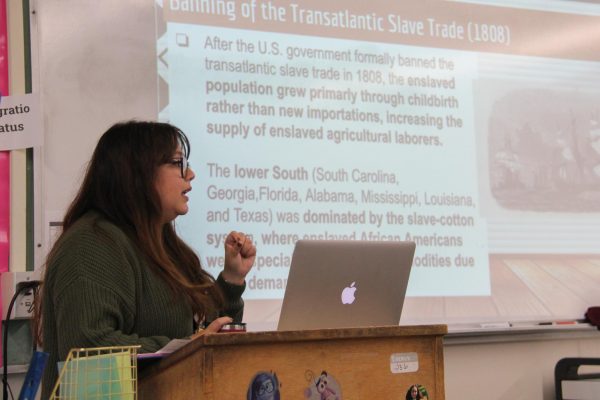
Although each school conducting the pilot program has not received any lesson material to supplement College Board’s learning objectives, Lowell’s AP African-American Studies students believe Maldonado-Silva has effectively established College Board’s frameworks. According to Grice, the class has covered a multitude of content otherwise left out in world and U.S. history classes. “It goes beyond the civil rights movement because that’s all we really hear about in U.S. and AP U.S. History,” she said. “We’ve gone into the lives of the enslaved African people that were taken to the Caribbeans and to Brazil.” Williams also appreciates the depth of the course, as it not only brings attention to the historical struggles, but also the achievements of Black people. “Usually when we hear about Black history, it’s always the enslavement and the sad parts,” Williams said. “We’re learning about more historical figures than what we’ve learned already in Black history – not just the same three people that are talked about.”
Both Williams and Grice support the continued offering of AP African-American Studies at Lowell and encourage others to consider taking it. However, with recent concerns about whether the district can afford to sustain certain AP classes – and because it is a pilot – Maldonado-Silva is unsure whether AP African-American Studies will be offered in the 2024-25 school year. According to her, the continuation of the course relies on the state of California. “That’s a question that I don’t know the answer to,” Maldonado-Silva said about whether she would be teaching the course next year. “When it comes to the state, that’s what we’re still waiting for.”
While not all colleges may accept AP African-American Studies scores for college credit due to it being a pilot course, students like Williams don’t mind the limitation. “It’s a lot of work as an AP class, and we might not be getting any college credit,” Williams said. “But at the same time, I can’t even be mad because I’m learning so much more about myself and my people.”








